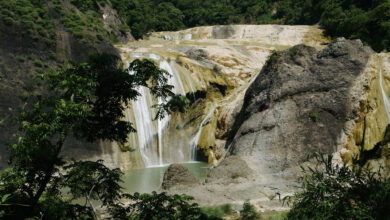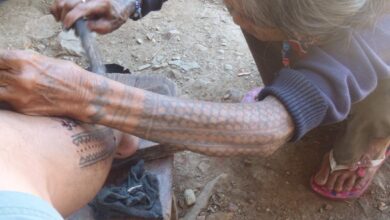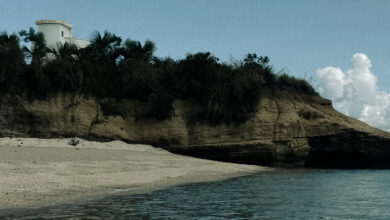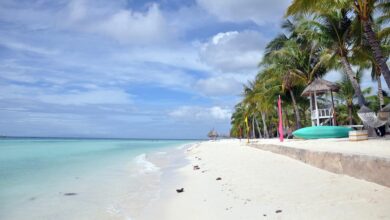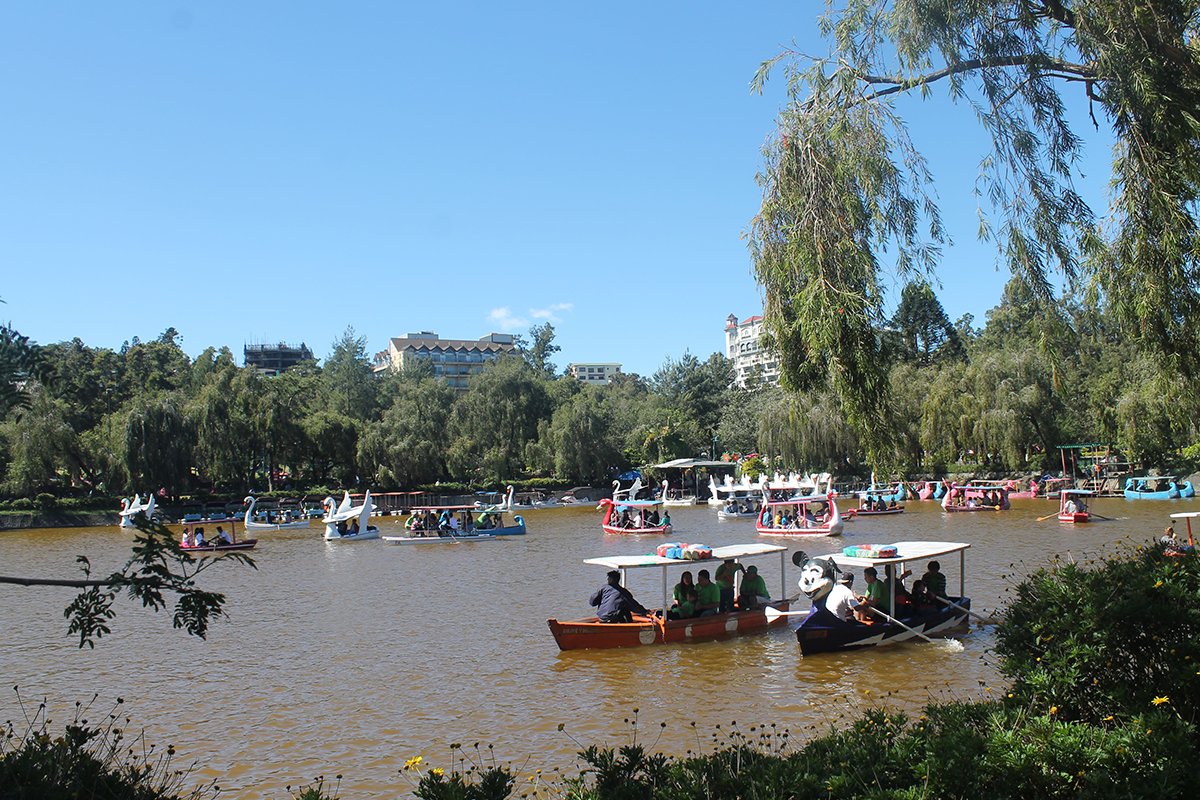
Learning from Boracay: Should we clean up Baguio next?
Baguio – known to many as The City of Pines – is the unrivaled summer capital of the Philippines, where millions of tourists flock to escape the sweltering heat of the lowlands. Its crisp, cold air, smelling sweetly of pines, makes it an affordable getaway when megacities like Manila become unbearable in the summer months.
In the past few years, however, the magic of the city seems to have dulled. Yes, the mountain air is still there, but it now mingles with car exhaust, from traffic not much different from some of Metro Manila’s cities. There’s also more people than ever. Just walk a few minutes downtown during peak holidays, and try not to bump into anyone as you quickly retire to your hotel room.
There are still pockets of tranquility, but the city center has become as overcrowded as many other tourist traps in the country. The height of congestion is during the Panagbenga Festival, where it isn’t uncommon to get stuck in traffic for hours.
Senator Richard Gordon was right when he said that the next tourist destination that needs rehabilitation is Baguio City. Just like how problems swelled from the inside that led to the closure of Boracay, something similar is happening to Baguio – unregulated tourism is suffocating the place.
It gets bad for tourists, but what more for the actual residents who grew up knowing the old Baguio, and who now have to share their home with millions of (sometimes disrespectful) strangers?
Strength in collaboration
The local government has actually already taken steps in pushing for legislation that will give the city a much needed chance to breathe. In May 2018, a new regulation banning the use of non-biodegradable plastic packaging, starting with sando bags, was implemented. Plastic bags account for about a fourth of the city’s garbage.
Baguio can extend this initiative by learning from Boracay’s example of pushing for a total ban on all single-use plastics. It can do away with shampoo and conditioner sachets, toothbrushes, bottled water, etc. While a total ban is no small task to implement, incentivizing businesses to use reusables is a good first step.
A study on the carrying capacity of the area, similar to what the Department of Environment and Natural Resources (DENR) conducted for Boracay, should also be conducted in Baguio.
These are just a few initiatives that can be implemented not only in Baguio, but in other tourist destinations as well.
Baguio deserves the attention that Boracay has received. Maybe it’s time to intervene, and start rehabilitating this wonderful place before it’s too late. Maybe it’s time to learn from Boracay and do something about it, before the smell of pines becomes nothing but a distant memory.

